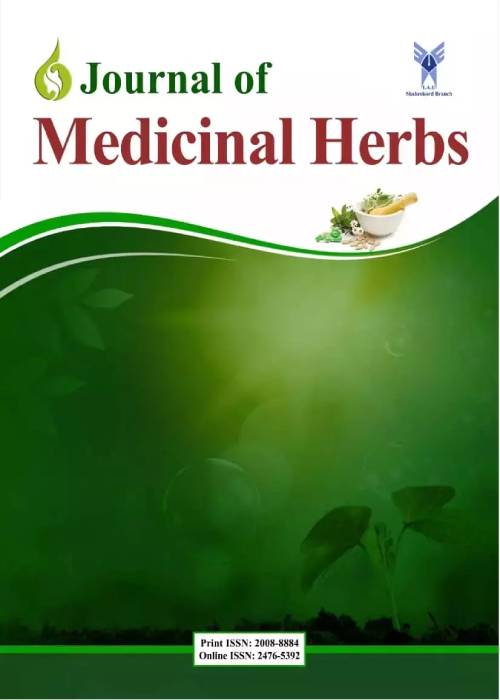Investigating the antibacterial and phytochemical effect of methanol and acetone extracts of the Cupressus sempervirens and Juniperus excelsa on some important foodborne diseases
The unfettered usage of antibiotics has engendered a mounting resistance of bacteria to these agents, thereby necessitating the discovery and development of novel compounds and medications to a greater extent than previously. The focal point of this research was to explore the chemical constituents of acetone and methanol-extracted samples of Cupressus sempervirens and Juniperus excelsa, as well as their potential inhibitory actions against a prevalent food-borne pathogen.
Experimental:
This experimental investigation was conducted on standard strains of Staphylococcus aureus (PTCC 1430), Bacillus cereus (PTCC 1431), Listeria monocytogenes (PTCC 1298), Escherichia coli (PTCC 1399), and Shigella dysentery (PTCC 1188). Following the preparation of methanol and acetone extracts derived from Juniperus excelsa and Cupressus sempervirens using Clevenger apparatus, the antimicrobial efficacy was assessed by both qualitative agar well diffusion method and quantitative macrodilution method. The active constituents present in the methanol and acetone extracts of the plants were identified by gas chromatography-mass spectrometry (GC/MS) analytical method. Means were compared with Duncan's test at the 5% probability level.
The findings of this investigation pertaining to the antimicrobial potency of the extracts, ascertained via the qualitative agar well diffusion method, indicated its efficacy against Gram-positive strains including S. aureus and B. cereus. The methanol extracts of the J. Excelsa were found to produce smaller inhibition zones on the tested bacteria compared to other plant extracts. The highest sensitivity to the acetone extract of C. sempervirens and J. excelsa observed in S. aureus and B. cereus. The extracts obtained from the two plant did not demonstrate any discernible impact on the Gram-negative bacteria that are commonly associated with foodborne pathogens. The findings obtained through gas chromatography-mass spectrometry (GC/MS) indicated the presence of efficacious components such as Benzene 1,2,4,5-tetramethyl, and Cyclopropane cyclopenta in J. excels extract. The acetone extract of J. excelsa showed more potent antimicrobial constituents than its methanolic counterpart. It is anticipated that in forthcoming times, the acetone extract derived from this botanical specimen may be employed to prevent bacterial-induced foodborne illnesses.
Recommended applications/industries:
Duo to the existence of a range of bioactive compounds in the acetone extracts obtained from C. sempervirens and J. excels, these extracts have the potential to be used against the development of foodborne infections and diseases caused by bacterial agents.
- حق عضویت دریافتی صرف حمایت از نشریات عضو و نگهداری، تکمیل و توسعه مگیران میشود.
- پرداخت حق اشتراک و دانلود مقالات اجازه بازنشر آن در سایر رسانههای چاپی و دیجیتال را به کاربر نمیدهد.



